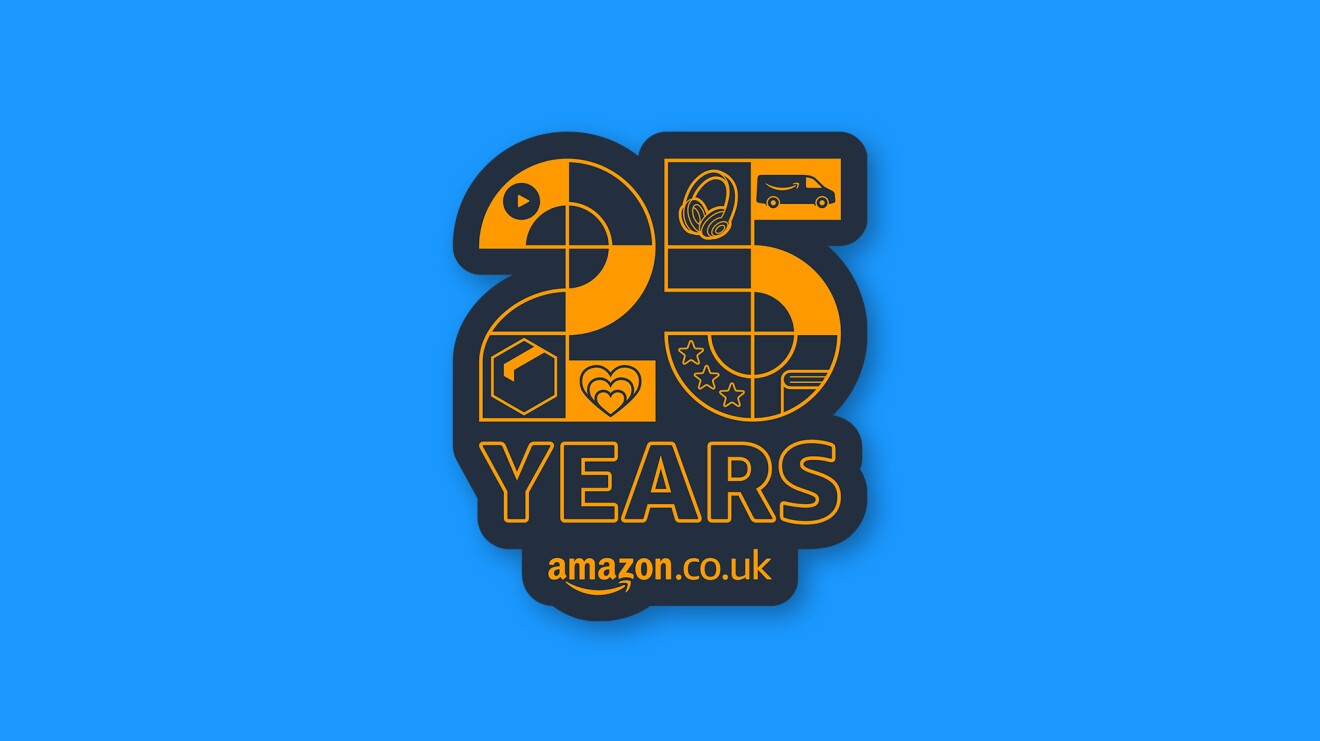In collaboration with Tech East, Amazon Web Services (AWS) is hosting a special AWS Digital Innovation Program for Small & Medium Businesses in the East of England.
Focused on businesses around Norfolk, Suffolk, Essex and Cambridge, the AWS Digital Innovation Program will invite local businesses to get involved, kicking off with a week-long workshop series designed to introduce small businesses to Amazon’s approach to innovation, and showing them how to apply it.
 Tim Robinson, Chief Operating Officer for Tech East
Tim Robinson, Chief Operating Officer for Tech EastApplications are now open for businesses to take part in the free program – find out more and register today to get involved.
Participating businesses will explore ‘the art of the possible’ by hearing practical examples of how UK small and medium-sized businesses (SMBs) are leveraging AWS to transform and differentiate their business, and will discover opportunities to drive growth, reduce costs, and innovate for their customers.
In addition, businesses will have the opportunity to participate in an ‘Invent with Amazon Challenge’, where they will get hands-on support and have access to specialist AWS teams, and guidance in order to help them develop their application, product or service.
Research from economic consultancy Public First has shown that technology is an important driver of economic prosperity, and can play a vital role in levelling up productivity across the UK. However, there remains a significant disparity in cloud uptake across regions – for example 52 per cent of companies use cloud platforms in Greater London, by comparison just 18 per cent of companies in the East of England have adopted the cloud.
Tech East is a community and network of digital technology businesses in the East of England, shining a light on the area’s dynamic tech ecosystem and building vital links between government, investors, businesses, academia and the public sector to support the local tech sector.
To find out more, we spoke to Tim Robinson, Chief Operating Officer for Tech East, about the AWS Digital Innovation Program with AWS and the exciting future for the East of England’s tech sector.
Why was Tech East formed and what are its objectives?
Tech East was formed in 2016 as a not-for-profit on a mission to accelerate the expansion of the East of England’s tech cluster by bringing together all the key players into one network and community.
The speed of change since I first started this role four years ago has been remarkable. Previously, we had a lot of the key ingredients in place – exciting businesses and initiatives, world-class educational institutions, research and academic communities – but it often felt fragmented, and there was no mechanism to ensure we all pull in the right direction.
By adopting a ‘big tent’ approach, we now have a board consisting of key stakeholders across business, academic, local government and the public sector. Everybody involved wants to share their own success and be champions of the area. Collectively, we amplify the voices of businesses in the tech sector to decision-makers in government, connect innovators across the region and with global opportunities, and catalyse digital adoption by ‘non-tech’ businesses to help build a flourishing tech ecosystem.
Tell us about the technology sector in the East of England.
When we think about areas like Norfolk and Suffolk, a lot of people probably think about our farming, beautiful beaches and windmills! Yes, it’s a beautiful part of the world, but when you live and work here, there is so much more.
For example, there’s a huge offshore energy sector in Norfolk and Suffolk and a major shipping industry through the Port of Felixstowe. In telecoms, BT has been here for decades, while Norwich is home to financial services firm Aviva and sports car manufacturer Lotus.
Norwich has also seen its vibrant digital creative scene grow in recent years. In fact, the city attracted a record £33m in venture capitalist investment in 2020 – more than treble the year before. Investors are naturally attracted to founders and teams with great products that solve real problems, no matter where they are in the world.
On a smaller scale, in Stowmarket, we’ve been working recently with the town’s Innovation Labs, a community hub and incubator which gives local people a place to gather, collaborate, share ideas and build. Examples like this are popping up all the time.
One success story is Inawisdom, a machine learning and data analytics company set up in Ipswich by Tech East’s founding chairman, Neil Miles. Inawisdom is part of the AWS Partner Network (APN) and has been recognised by AWS for its expertise in machine learning, data and analytics expertise. We were delighted to see Inawisdom acquired recently by Cognizant – a global player in digital solutions – making it a great example of home-grown success.
We’re working to change public perceptions about the area’s potential for innovation – and success stories are one of the best ways to do that. We want to see the area’s major employers in energy, manufacturing, digital, life sciences and data bring their expertise together to cross-fertilise, learn, share and train – and that’s only just beginning to happen.
How will the AWS Digital Innovation Program help businesses in the area?
We know that small businesses want to reinvent, grow and innovate – particularly in the context of COVID-19 – but it often feels like the tools, skills and processes required are only available to big businesses. However, we know that’s not the case.
Instead, we have an opportunity to send a message that innovation is for everybody, and that adopting cloud technology can be a catalyst for many other innovations across a range of industries.
The AWS Digital Innovation Program will benefit any business whether they’re already on their digital journey or about to begin it, and it’s not just for technology businesses – by showing the nuts and bolts of what innovation really looks like. It will also show the potential speed of innovation when you adopt appropriate tools and skills. Ultimately it will democratise and demystify how these businesses go about building in the cloud – showing them the ‘art of the possible’.
In addition, some businesses will have the opportunity to build their idea from scratch using the AWS ‘working backwards’ methodology, meaning there will be an outcome that we can touch and feel at the end of the process. We’re really excited to see those ideas!
‘Levelling up’ and regional growth are hot topics right now – why is that, and what more needs to be done?
Regional growth has been on the government’s agenda for a long time, however COVID-19 has been a real wake-up call and a catalyst for change. As well as driving many more of us onto digital platforms, leading to a spike in demand for services and skills alike, the way we live and work has also changed.
COVID-19’s levelling effect means businesses have been able to access talent in a new way – less focused on a physical office, more focused on skills across a wider geographic talent pool.
We’ve also seen a renewed interest in entrepreneurialism among those furloughed, made redundant, or working remotely, as people have time to reflect about what they really want to do.
I sit on the UK Tech Cluster Group of regional organisations, and we can hear the same conversation across the regions and nations of the UK: despite these challenges, there are also many new opportunities.
Looking ahead, developing skills through courses, bootcamps and apprenticeships in schools, colleges and universities will be vital to create a virtuous circle of knowledge, innovation, growth and mentorship. Demand for skills in data science, for example, outstrips supply – we must address that imbalance through partnerships, inspirational role models and education.
We also know that the capacity to take on and shape new talent, or to recruit skilled employees from a competitive market, isn’t always efficient for small businesses. That’s just one reason why it’s so valuable for AWS to step up to the challenge with the AWS Digital Innovation Program.
Sign up today for the free AWS Digital Innovation Program for Small & Medium Businesses in the East of England.








